The parents behind a peer support network for drug users dealing with the Children’s Ministry don't use terms like “child welfare,” “child protection” or “foster care” to describe government intervention into families. Instead, they call it “family policing.”
“We don't see a lot of care for us,” said Hawkfeather Peterson, a co-ordinator with Parents Advocating Collectively for Kin, or PACK, a grassroots organization supporting active and former substance-using parents at risk of or facing child apprehension by the Ministry of Children and Family Development.
Since forming PACK in fall 2019, Peterson, administrator Keri Guelke and Indigenous co-ordinator Heather Spence have collectively assisted over 30 B.C. families — disproportionately Indigenous — with navigating child apprehensions.
On behalf of the parents, the three have attended family court proceedings and meetings with MCFD workers, liaised with housing providers, arranged for parents’ travel and treatment, and even taken in kids to keep families connected.
With funding from a Health Canada grant, PACK is creating its own training modules for current and former drug user peers to work with parents navigating child protection services. They are on track to finish by the end of the year.
But the frontline family support work has been all-consuming for Peterson, Guelke and Spence, who are parents and — in Spence’s case — grandparents themselves.
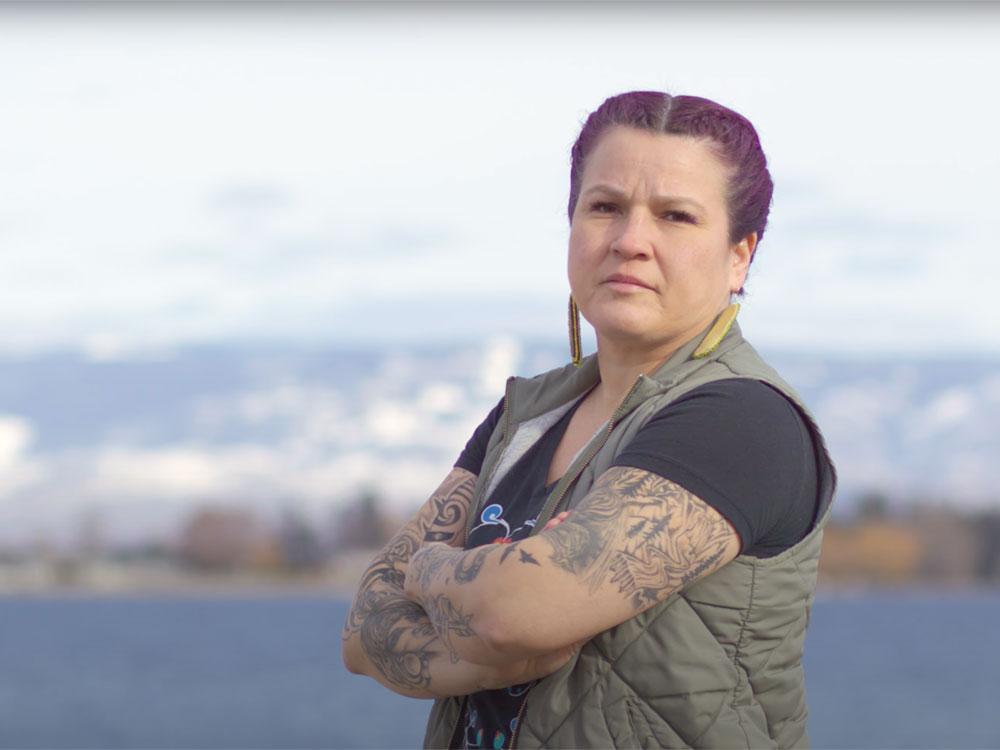
“As soon as we identified as doing this work, parents came out of the woodwork because there just really isn't anything else like PACK out there,” said Peterson, who is also a past president of the BC-Yukon Association of Drug War Survivors.
Parenting doesn’t happen in a vacuum. Especially for parents who use substances during a toxic drug crisis that has claimed over 13,000 lives since a public health emergency was declared in 2016. Though the illicit supply is increasingly unpredictable, safe supply has only been provided to a limited number of people, and recent B.C. legislation severely restricts where people can use drugs — meaning people must use in more clandestine places, where they will not be found if they suffer an overdose.
“The more risks drug users face, the more their families are going to be harmed,” Peterson said.
The Tyee interviewed Peterson, Guelke and Spence about their peer training modules, ministry apprehensions and PACK’s vision for a more supportive environment for families in B.C. The following is a condensed version of our conversation.
We also asked MCFD to respond to PACK’s characterization of their child protection services, and situations where PACK intervened on behalf of families. The ministry’s statement follows this interview.
The Tyee: How did PACK come to be?
Hawkfeather Peterson: The BC-Yukon Association of Drug War Survivors’ board recognized the need to have focused programs and policies surrounding the rights, freedoms and harms affecting women and trans folk. And when we formed the women's committee, what became the most obvious need was birthing parents: their rights and the harms they face. So the women's committee created PACK.
Keri and Heather, how did you get involved?
Keri Guelke: I was an outreach worker in the Downtown Eastside and downtown Vancouver for about 12 years. It was a rewarding job, but I felt like I was supporting the status quo. So I did a master's in public policy; my interest is drug policy because I'm against prohibition. I got in touch with Jeremy Kalicum [of the Drug User Liberation Front] and Jeremy said, ‘Why don't you come do a practicum at BC-Yukon?’ Then I met with Erica Thomson, who was the executive director, and she suggested that I help facilitate the women's group. And here I am, four years later.
Heather Spence: I lost my brother to toxic overdose. It brought me to British Columbia in 2018. I myself took a different path that was destructive involving drugs and alcohol. I started working at the friendship centre and I was asked to chaperone some peers to a conference, and at that conference I found I was where I needed to be. I started a drug user group with the lady I was working with. She left the work, and I wasn't sure what I was supposed to do. But I prayed to my Creator and I was where I was supposed to be.
So I kept doing the work and I was a part of the BC-Yukon umbrella. I jumped on every opportunity I could to learn about whatever work was being done. That's how I became a part of the women's committee. There was a position with PACK for an Indigenous co-ordinator, and I applied for it. I've been with PACK for the last four years.
What does PACK do?
Guelke: We've created these training modules, and the Provincial Perinatal Substance Use Project funded consultants to get them professionally put online. We have seven training modules: Know Your Rights; Young Mother Teachings; Circle of Care; Trauma and Healing; Understanding the Family Policing System from an Indigenous Peer Lens; Canadian Prohibition and Women; and Women, Drug Policy and Harm Reduction.
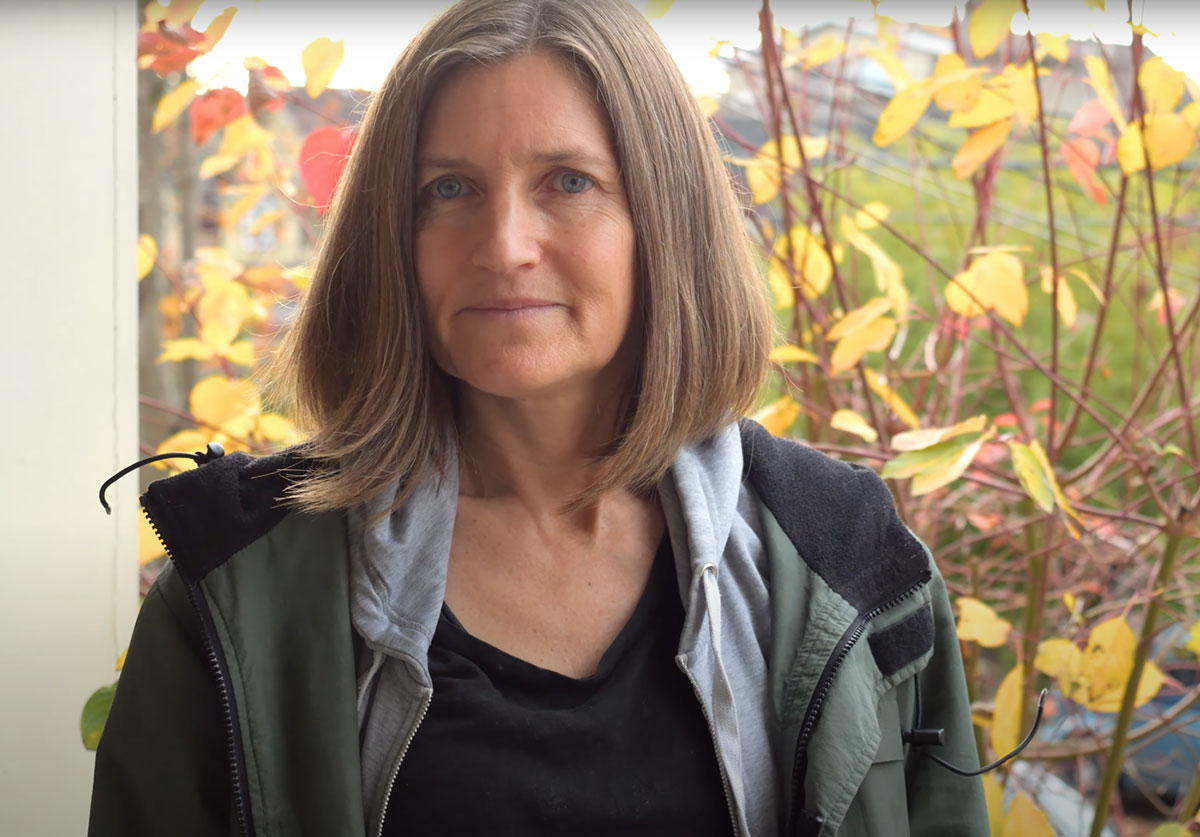
Who are these modules for?
Guelke: We would like everyone to do them because it's from a peer and Indigenous lens, but it's primarily for peers. The goal is to get funding so we can pay peers to do the training, and then pay peers to do the advocacy and support for families.
We support families to stay together and/or to get their children returned. We also help to increase supervised visits, because especially with COVID, the amount of visits parents get, it's really limited. We also advocate. We attend ministry meetings, we attend court.
And we've been working closely with West Coast LEAF. We attend conferences; we've been on panels; we attend webinars; we co-produced a short documentary that was released last March on International Women's Day that's been used as a teaching tool at universities and conferences all over B.C.
Peterson: There has been more than one situation here now where families were able to stay together because of the work PACK did. I think the children or child would have been removed had PACK not been involved.
Is the ministry still restricting visits because of COVID?
Peterson: Oh, yeah. They use any excuse to restrict visits.
Guelke: The most recent [apprehension] has been pretty awful. Two-day-old baby. I got a phone call saying, “They're taking our daughter,” and I'm urging the social worker not to do this. There are alternatives; we can come up with a less harmful plan. The Maxxine Wright Shelter had staff ready to support [mom and baby] 24-7.
They took the child Thursday evening. Mom saw the child Saturday, didn't see the baby Sunday, Monday, Tuesday. I called the [MCFD] director Wednesday morning. He said they'll get visits Wednesday, Thursday, Friday, Monday, Tuesday, and I'm like, “The weekend? Nursing's become more difficult now. She needs to see her baby every day.”
So on Friday I'm saying I'll drive [mom to see baby] and they said, “We need to do a criminal record check to see if you've had any interactions with MCFD. We need a driver's abstract.”
I said, “Call Vancouver Aboriginal Child and Family Services Society, because they've done this background check on me." [But MCFD] are like, “It doesn't work this way.”
So I filled out all the forms, sent in my driver's abstract. And the director called me late afternoon Friday, saying, “The foster home doesn't want to give out their address. But 90 per cent chance mom will get a visit with baby Saturday and Sunday.”
And in the end, she got to visit Saturday, but not Sunday. But that Saturday visit would not have happened unless I'd been pestering them.
[Editor’s note: Mother and child have since been reunited.]
But aren’t nursing parents supposed to be able to see their baby every day?
Peterson: Yeah. Even if they're not nursing, especially in cases where babies are at risk of neonatal abstinence syndrome. The current treatment for that — unless in extreme cases where the baby needs to be medicated — is eat, sleep, console.
Birth alerts are very active in this province. We see it all the time. A lot of covering up of how it happened, but they're definitely birth alerts.
There are mums that were flagged during pregnancy or flagged upon entering the hospital. They haven't even been afforded the right to try to parent these kids before they're deemed unworthy of parenting.
We still see parents having their kids taken because they get flagged as substance users and they're being urine screened without consent or without an ability to even explain whether they're active users or they used one time a week ago.
The ministry just pretends like we're not aware, from decades of studies, that infants denied bonding with their care providers and their parents are harmed in the long term.
How do people find PACK?
Peterson: We're still working on increasing our visibility. We're certainly recognized a lot more by allied stakeholders, and even the government to a degree; we’ve presented to the government multiple times. But it's a lot of word of mouth.
We do have a great website, and some social media presence we're working on increasing. We work with other drug user groups. We often hear from our peers that someone they really care about is pregnant or has a child and is at risk from family policing.
Someone contacts you and says they're at risk of having their child apprehended. Can you walk me through how you would help?
Peterson: It depends. It's vital that people recognize that substance use is diverse. There's a huge spectrum that includes people that can use drugs and successfully parent, and people that need additional support.
What we do is ascertain the needs of that individual, learn what kind of supports, fears and risks they have. Whether they're already hearing from MCFD. If they are active substance users, making sure they already have a safety plan.
So if the ministry does come around, they can say, “Yes, I use drugs, but not in the presence of my child and here's the safe adult my child is with.” Or “I am in recovery and if I'm worried that I'm going to start using and that's not something I want to do, here is my safety net of people I reach out to.”
Making sure their needs like housing and food security are met. If they're about to give birth, making sure the hospital is safe and they have supports. Try to connect people with programs like FIR. Every experience is different. And it's not always great for everyone.
Guelke: The three of us are run off our feet. We can't keep up with the demand and we need to expand. Ideally, we could be that alternative to the ministry. But we need a lot more funding and to grow before we can take that on.
But you only work with families where substance use is involved, is that right?
Peterson: That's our mandate. There are so many parents at risk of harm from the ministry, and it is a very racialized, classist and biased system. And substance users are one of the most highly stigmatized populations.
We have studies that prove that a substance user, a mum, that has her child apprehended, is at a much greater risk of fatal overdose. Within the parameters of the toxic drug crisis, the fact that this work wasn't being done is inexcusable.
Do you work with families who are at risk of losing older children?
Peterson: Oh, yeah, and families who have already lost older children.
Guelke: We would never recommend that people turn to the ministry for respite because they're flagged.
Peterson: Or for help in general. The fact that people think it's a support network, when they're so intrusive and the way they scrutinize people is so unjust. It's completely biased.
Guelke: We always advise that people have a support person or an advocate with them when meeting with the ministry. Because we witness people getting treated really badly or unfairly.
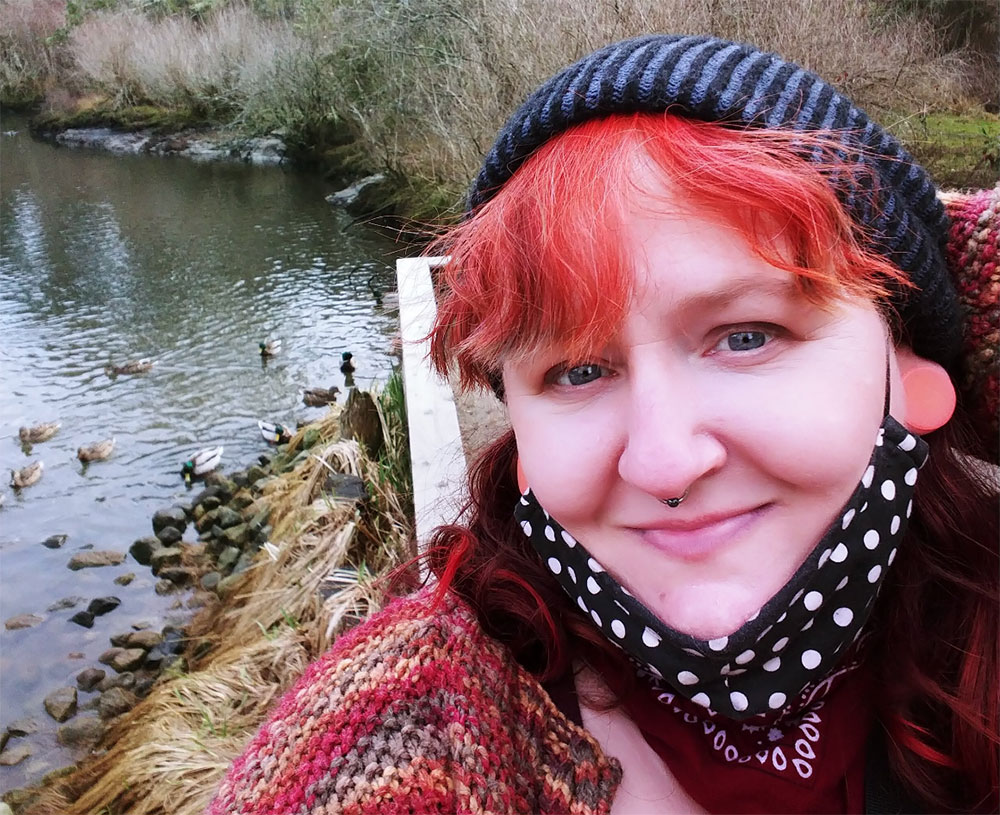
How many peers are working with you?
Peterson: We have a peer that is our IT worker and a peer that works with Heather, helps run some groups and do some jobs we need support with. But the one-on-one support, it's just the three of us. I'm a part-time worker; I don't do as much as Heather and Keri.
Guelke: We have another peer that does some child care. And an ally that's doing some family support.
Peterson: Once that training is done, more peer workers can take that training and will feel confident. This is soul-crushing work. It's back-breaking. The trauma is off the chart.
Guelke: Obviously, for the families, on a whole different level.
Peterson: The ministry reports that there's less kids in care. But it is widely speculated that is grossly untrue, and they're not counting kinship placements, which have increased.
Guelke: We met with Mitzi Dean and her team Sept. 27, to discuss ending involuntary drug testing. We're arguing that there are better ways to assess parenting and it's inherently classist. Because if they tested all parents, you'd be seeing a lot of kids needing to be taken.
How many families have you worked with?
Guelke: Maybe 30 plus. But we have far reach because we are presenting at webinars, at conferences.
Spence: A large percentage of the families that we are helping are of Indigenous descent.
Peterson: The reach we have through presenting would be in the thousands. Most people still look at it as very black and white and very binary. They think drugs are bad and parenting while you're a substance user is impossible. There's no real consideration that those parents deserve supports, those families deserve to stay together and you can absolutely parent and be a drug user.
You might need more support, but often people face greater barriers to accessing care. Look at the measures put in place for overdose prevention in this province [such as supervised consumption sites, opioid agonist therapies and safe supply]. Birthing parents can't access almost any of them. Not without facing the consequence that they could potentially be reported back and lose their children.
Even the Good Samaritan Act: you could still have your children apprehended if you report an overdose. So maybe you're not gonna, right?
We see people that want to look into treatment or recovery programs but can't admit substance use happens in their home because they could lose their child.
What has been the outcome for the families you've worked with?
Peterson: It varies. We definitely have families that have their kids right now because of PACK. Sometimes we get involved and all we can do is watch.
Guelke: A definite outcome is reduced harms and trauma.
Peterson: We had a case where a mum was actually a peer worker herself. She had an older child that had been taken, and she gave birth. [With] her lawyer, we argued [MCFD] down from taking the baby to allowing them to come home if she had a 24-hour witness in her house.
We scheduled appointments to fill her days, and then paid peers to stay overnight. That was the absolute height of COVID. They expected this mom to find people to come sleep over at her house. Who can give up their own family or work to go help?
Because of that she was able to come home with her baby. And eventually even her older kid was able to be brought home.
How much does it cost PACK to support these families?
Peterson: Too much. I'm thrilled we have funding that we can offer peers at times. But we often can't help people the way we want.
I would love to have a funding stream people can apply for when they are going to have their hydro cut off. You can lose your kid if you get your hydro cut off. That's losing your child because you're impoverished.
Guelke: And many families are not getting their children returned because of inadequate housing.
Peterson: A lot of people think the ministry helps with resources. They don't. They demand that you find the resources.
Most people we're talking about are in really volatile, vulnerable situations. They don't have the capacity. That's why groups like PACK are so important.
Two of you are in Vancouver and one is in Kelowna. Are you limited in where you can help people?
Peterson: We've helped people all over the province. I think it's better if you're local: [PACK] can physically meet up with parents, watch the kids and provide respite.
The goal is that once our curriculum is done, peers can take the training and then be certified PACK peer workers. People will know they have undergone extensive training. Then when people reach out to us, we can say here's the PACK worker in that region, they're going to support you. So we have a cohesive network.
We're hoping that we can pay people that have lived experience as drug users to take it. There's such a massive amount of fear with the cost of disclosure when you're a drug user, it's just so much easier to talk to someone if you know they're also a drug user or have been. There's a lot of nuances in our lives that only other drug users understand.
But this is invaluable information for tons of populations. I'm hoping social workers will take our course and learn how to better support drug users. We've talked about creating a parenting course for drug users, teaching them how to make a safety plan.
When you have to hide a major part of your life from the world, you can't get support on how to meet your needs.
You refer to what MCFD calls child protection services as family policing. What would you want to see in the future that would actually be child protection in your eyes?
Guelke: It would cost less to support families versus taking [their children] and putting them with other families. We want to see mandatory supporting instead of mandatory reporting.
Spence: If I could have a wish, I would wish there were places where our Indigenous kids could go home and be surrounded by their people. And be in a place where they could get help, be taken care of, learn culture, connect with family, connect with communities. Our kids don't have that. And we need it.
Peterson: I don't think people understand the depths of being removed from your people, your culture, your siblings, your neighbourhood. You lose a part of yourself.
Right now, politically, drug users are at the biggest risk I think they've ever been since the overdose crisis was declared. Politics are making a lot of decisions for policies, over and above evidence and medical expertise. Those things are being completely ignored for votes.
Work like this is about the rights and freedoms of drug users. We need more drug users actively involved in policy creation and implementation when it comes to the systems that are meant to support our families and our lives.
But the politics right now are just deadly. There's no way we're not going to see a massive increase in the toxic drug crisis death rates.
The MCFD’s response
The Tyee reached out to the Ministry of Children and Family Development for a response to PACK’s characterization of their child protection services.
In an emailed statement, a ministry spokesperson denied family poverty or homelessness would be enough on its own to warrant a child apprehension.
While the ministry considers parental substance use a possible factor in determining whether it should apprehend a child, the level of impact on the safety of children involved is also considered, it said.
“The safety and well-being of a child is always the ministry’s priority. The decision to remove a child is made after thorough assessment and consideration of all least disruptive options and alternatives,” the statement read, adding 93 per cent of kids continue living with their families after receiving ministry services.
“Removal is always the last resort to ensure the child’s safety.”
The ministry denies that birth alerts have continued, because health workers and child protection workers no longer share information about expecting parents without their consent.
The ministry maintains it works with expecting parents ahead of birth to set up services and supports to help them care for their children safely. As well, when working with parents who are breastfeeding, the ministry’s goal remains ensuring that a plan for the safety and well-being of the apprehended infant is in place, the email said. ![]()
Read more: Health, Rights + Justice, BC Politics


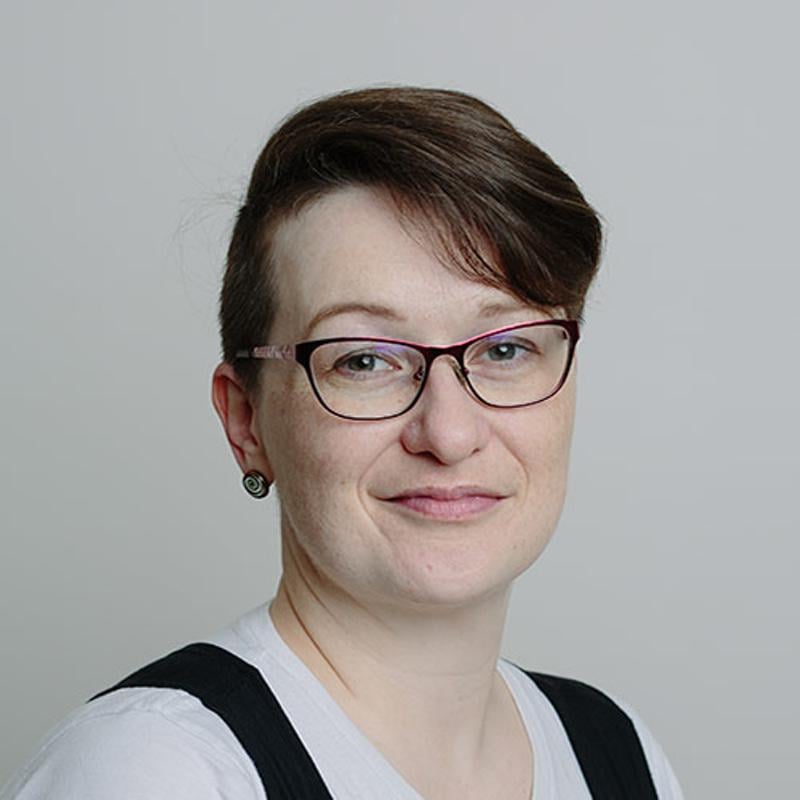

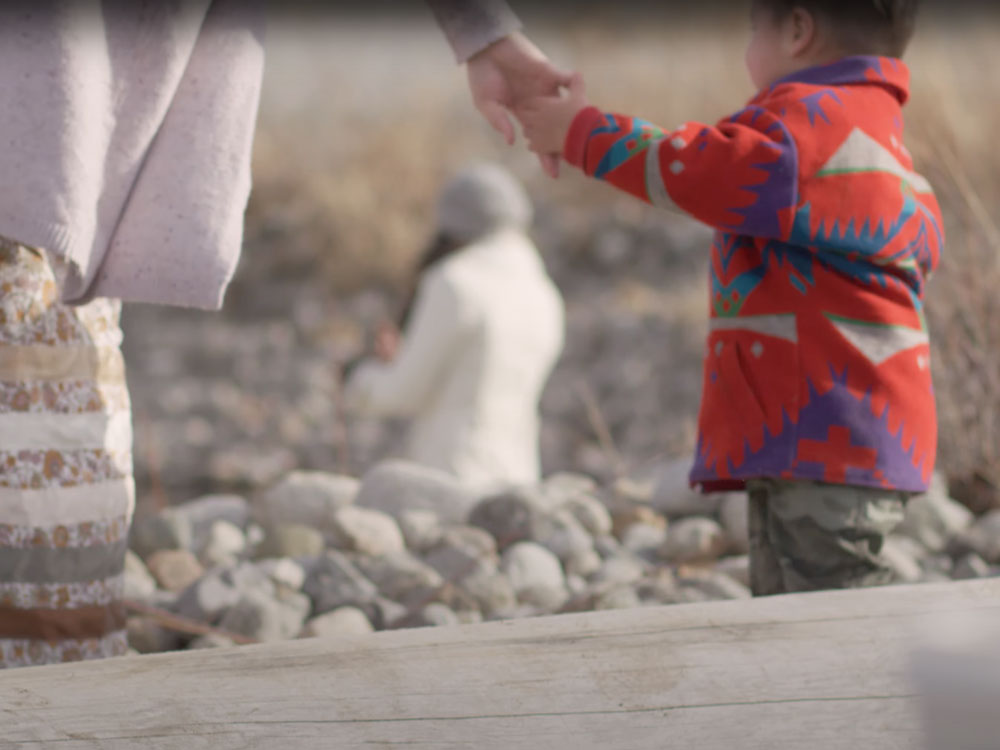












Tyee Commenting Guidelines
Comments that violate guidelines risk being deleted, and violations may result in a temporary or permanent user ban. Maintain the spirit of good conversation to stay in the discussion and be patient with moderators. Comments are reviewed regularly but not in real time.
Do:
Do not: